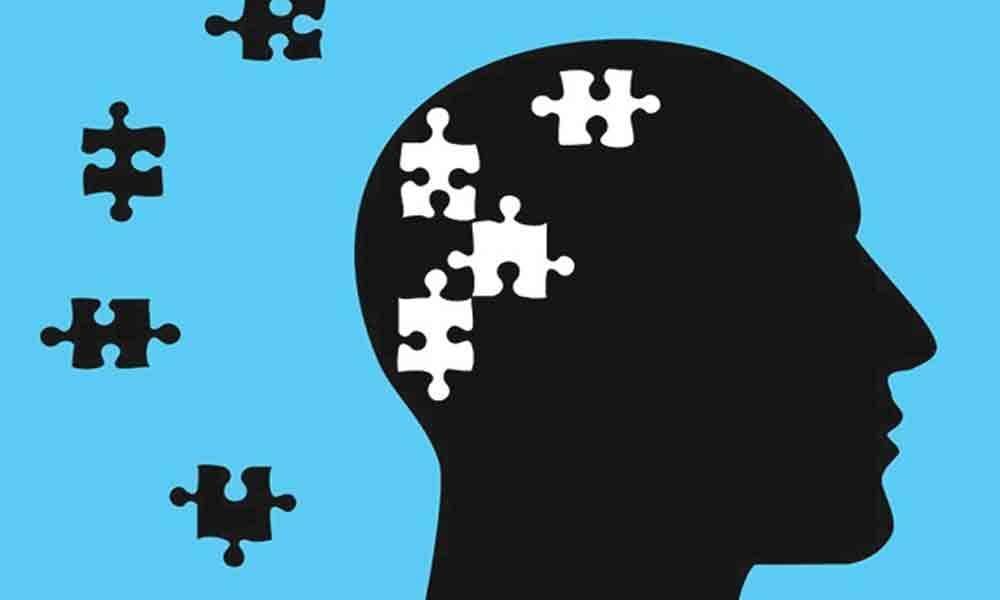Mental health programme for youth to overcome anxiety
 Mental health programme for youth to overcome anxiety
Mental health programme for youth to overcome anxietyIn a recent study, researchers found that treatment at 'First Episode Mood and Anxiety Programme' (FEMAP), a mental health programme for youth with mood and anxiety disorders, led to improved patient outcomes.
The study was published in the Journal of Early Intervention in Psychiatry. FEMAP provides treatment to emerging adults, ages 16 to 25, with emotional concerns that fall into the categories of mood and anxiety symptoms. The treatment takes a patient-centred approach in a youth-friendly setting where patients receive care from a multidisciplinary team.
"FEMAP helped me to understand that there wasn't something wrong with me and that I wasn't alone in the way that I felt. I learned to cope and deal with things in more constructive ways that made things so much easier.
Before entering the programme, I had trouble finishing school, no job prospects and couldn't hold down a relationship. Now, three years out of the programme, I have a great job, am married and own a house, which are things I never thought would be possible," said research participant, Kirstie Leedham.
The study included 370 youth. Before beginning treatment, they were, on average, experiencing moderate depression, moderate anxiety and low satisfaction with their quality of health.
Of 370 youth eligible for treatment, 322 attended a clinical assessment. The research team found that those who disengaged early had less severe symptoms than those who stayed engaged.
Follow-up questionnaires were completed by 174 youth approximately six months into treatment. The research team discovered significant improvements in patient outcomes, including a reduction in mood and anxiety symptoms, improved functioning and a higher quality of health satisfaction. "These results demonstrate the effectiveness of early intervention programmes offering personalised treatment that adjusts to patient's needs and wishes.









